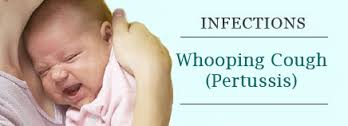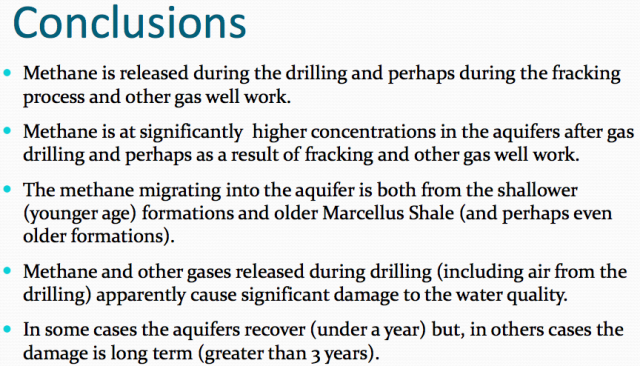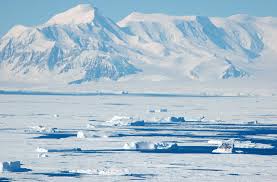A momentous new report took up just six pages in a recent issue of the Proceedings of the National Academy of Sciences. The title had…

Proceedings of the National Academy of Sciences of the United States of America

his week, Angus Deaton will receive the Nobel Memorial Prize in Economics “for his analysis of consumption, poverty, and welfare.” Deservedly so. Indeed, soon after…

Giants once roamed the earth. Oceans teemed with ninety-foot-long whales. Huge land animals--like truck-sized sloths and ten-ton mammoths--ate vast quantities of food, and, yes, deposited…

UCLA geochemists have found evidence that life likely existed on Earth at least 4.1 billion years ago -- 300 million years earlier than previous research…

A world-first global analysis of marine responses to climbing human CO2 emissions has painted a grim picture of future fisheries and ocean ecosystems. Published in…

Researchers from CSIRO and Imperial College London have assessed how widespread the threat of plastic is for the world's seabirds, including albatrosses, shearwaters and penguins,…

Whooping cough has made an astonishing comeback, with 2012 seeing nearly 50,000 infections in the U.S. (the most since 1955), and a death rate in…
In states with strong environmental movements, greenhouse gas emissions are inching lower. Social scientist Thomas Dietz and Kenneth Frank, professor of sociometrics at Michigan State…

The environmental movement is making a difference - nudging greenhouse gas emissions down in states with strong green voices, according to a Michigan State University…
With infectious diseases increasing worldwide, the need to understand how and why disease outbreaks occur is becoming increasingly important. Looking for answers, a team of…

A recent peer-reviewed study published in the Proceedings of the National Academy of Sciences has confirmed what many fracking critics have argued for years: drilling operations associated with hydraulic…

Study after study shows that Antarctica isn't in great shape. Its ice shelves are disappearing and its ice sheets are collapsing, hastening swiftly rising sea levels. Sounds terrible. But…
